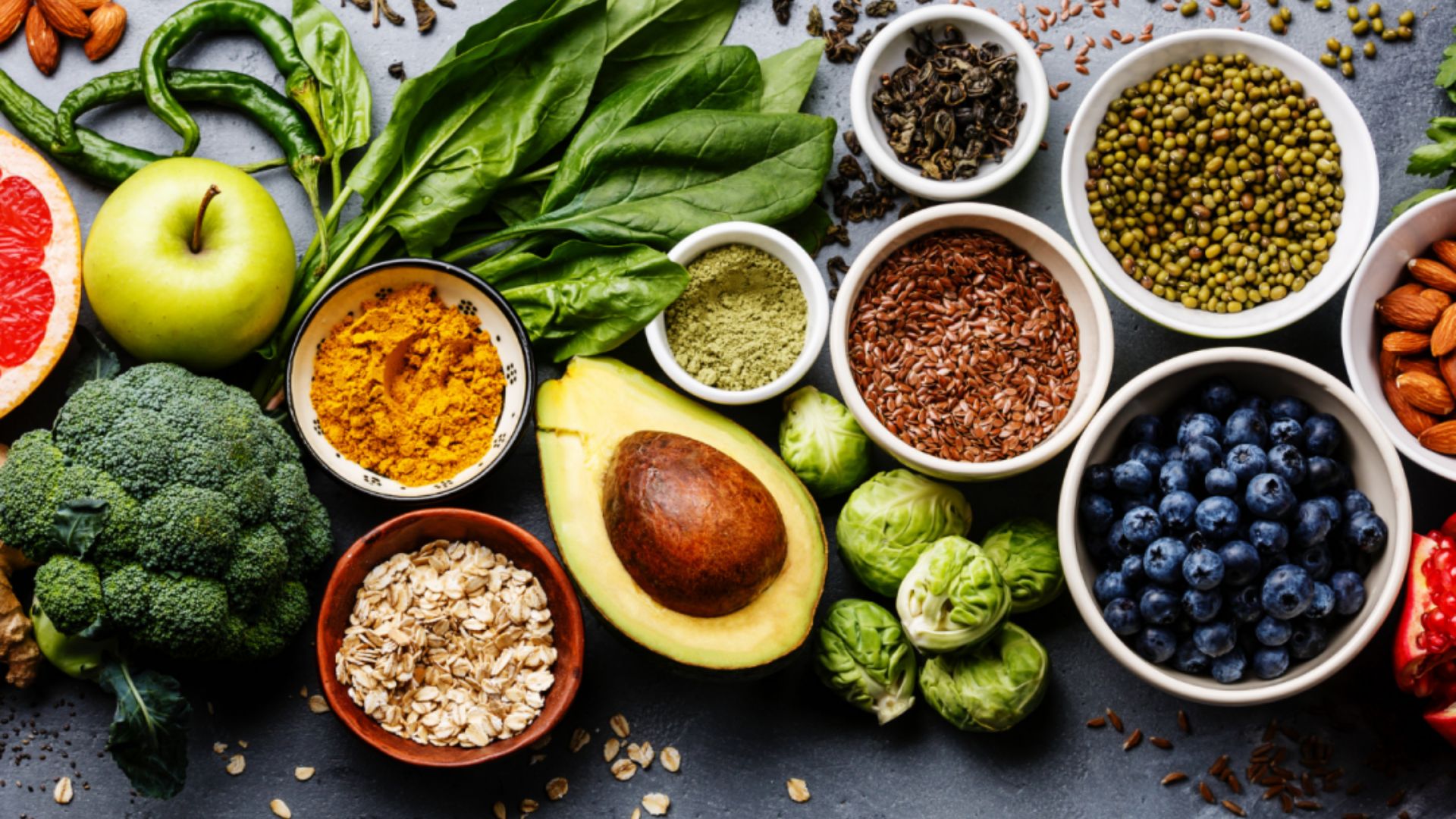Veganism is more than just a diet; it’s a lifestyle choice that revolves around compassion, sustainability, and health. By adopting a plant-based diet and avoiding animal products in all aspects of life, vegans aim to reduce their impact on the environment, promote animal welfare, and improve their well-being. Let’s explore the basics of veganism and what it means to live a plant-based lifestyle.

What is Veganism?
Veganism is a lifestyle that excludes the consumption and use of animal products. This means avoiding not only meat and dairy but also eggs, honey, and other animal-derived ingredients. Additionally, vegans avoid products tested on animals and opt for cruelty-free alternatives in areas such as cosmetics, clothing, and household items.
Tips for Embracing Veganism
For those embarking on their vegan journey, here are some practical tips to ease the transition:
Educate Yourself
Take the time to learn about vegan nutrition and familiarize yourself with plant-based ingredients.
Start Gradually
Transitioning to a vegan diet doesn’t have to happen overnight. Begin by incorporating more plant-based meals into your routine and gradually phasing out animal products.
Explore New Foods
Embrace the diversity of plant-based cuisine by experimenting with different fruits, vegetables, grains, and legumes.
Connect with Others
Seek support from the vegan community, whether online or in-person, to share experiences, recipes, and tips.
Be Flexible
Remember that perfection is not the goal. If you slip up or find certain aspects challenging, be kind to yourself and focus on progress rather than perfection.
Nutritious Food Recommendations for Vegans
Transitioning to a vegan lifestyle opens up a world of exciting culinary possibilities, with a plethora of plant-based foods to explore. Whether you’re a seasoned vegan or just starting out on your journey, here are some delicious and nutritious food recommendations to incorporate into your diet:
Fruits and Vegetables
Load up on a colourful array of fruits and vegetables to nourish your body with vitamins, minerals, and antioxidants. From crunchy carrots and leafy greens to sweet berries and tropical fruits, there’s no shortage of options to enjoy. Incorporate them into smoothies, salads, stir-fries, or simply enjoy them raw as snacks.
Whole Grains
Whole grains such as quinoa, brown rice, oats, barley, and bulgur are excellent sources of fibre, protein, and essential nutrients. Use them as a base for hearty grain bowls, stir them into soups and stews, or enjoy them as a side dish alongside your favourite vegetables and legumes.
Legumes
Legumes—including beans, lentils, chickpeas, and peas—are nutritional powerhouses packed with protein, fibre, and a host of vitamins and minerals. Experiment with different varieties to create bean-based salads, soups, curries, and dips like hummus.
Nuts and Seeds
Rich in healthy fats, protein, and various micronutrients, nuts and seeds are versatile additions to any vegan diet. Sprinkle them over salads, stir them into oatmeal, blend them into creamy sauces and dressings, or enjoy them as a satisfying snack on their own.
Plant-Based Proteins
Explore the wide range of plant-based protein options available, including tofu, tempeh, seitan, and plant-based meat alternatives made from ingredients like soy, pea protein, or mushrooms. These versatile ingredients can be used in a variety of dishes, from stir-fries and tacos to sandwiches and burgers.
Dairy Alternatives
Swap out dairy products for delicious plant-based alternatives such as almond milk, soy milk, coconut milk, oat milk, and cashew cheese. These dairy-free options can be used in cooking, and baking, or enjoyed on their own over cereal or in a refreshing smoothie.
Healthy Fats
Incorporate sources of healthy fats into your diet, such as avocados, olives, coconut oil, and flaxseeds. These foods provide essential fatty acids and can add richness and flavour to your meals.
Herbs and Spices
Elevate the flavour of your dishes with an array of herbs and spices. Experiment with combinations such as garlic, ginger, turmeric, cumin, paprika, and cilantro to create vibrant and aromatic plant-based meals.
Conclusion
In essence, veganism is more than just a dietary choice; it’s a holistic lifestyle centred around compassion, health, and sustainability. By opting for plant-based foods and products, individuals can align their actions with their values and make a positive impact on the world around them. Whether motivated by ethics, health, or the environment, embracing veganism opens the door to a world of delicious and fulfilling possibilities.











